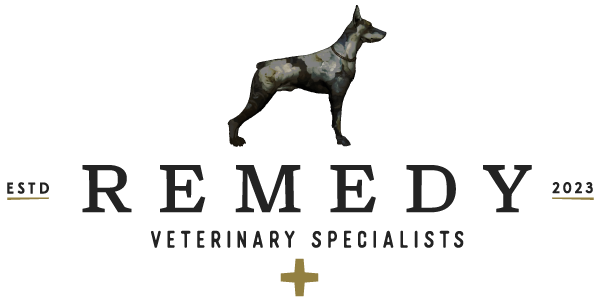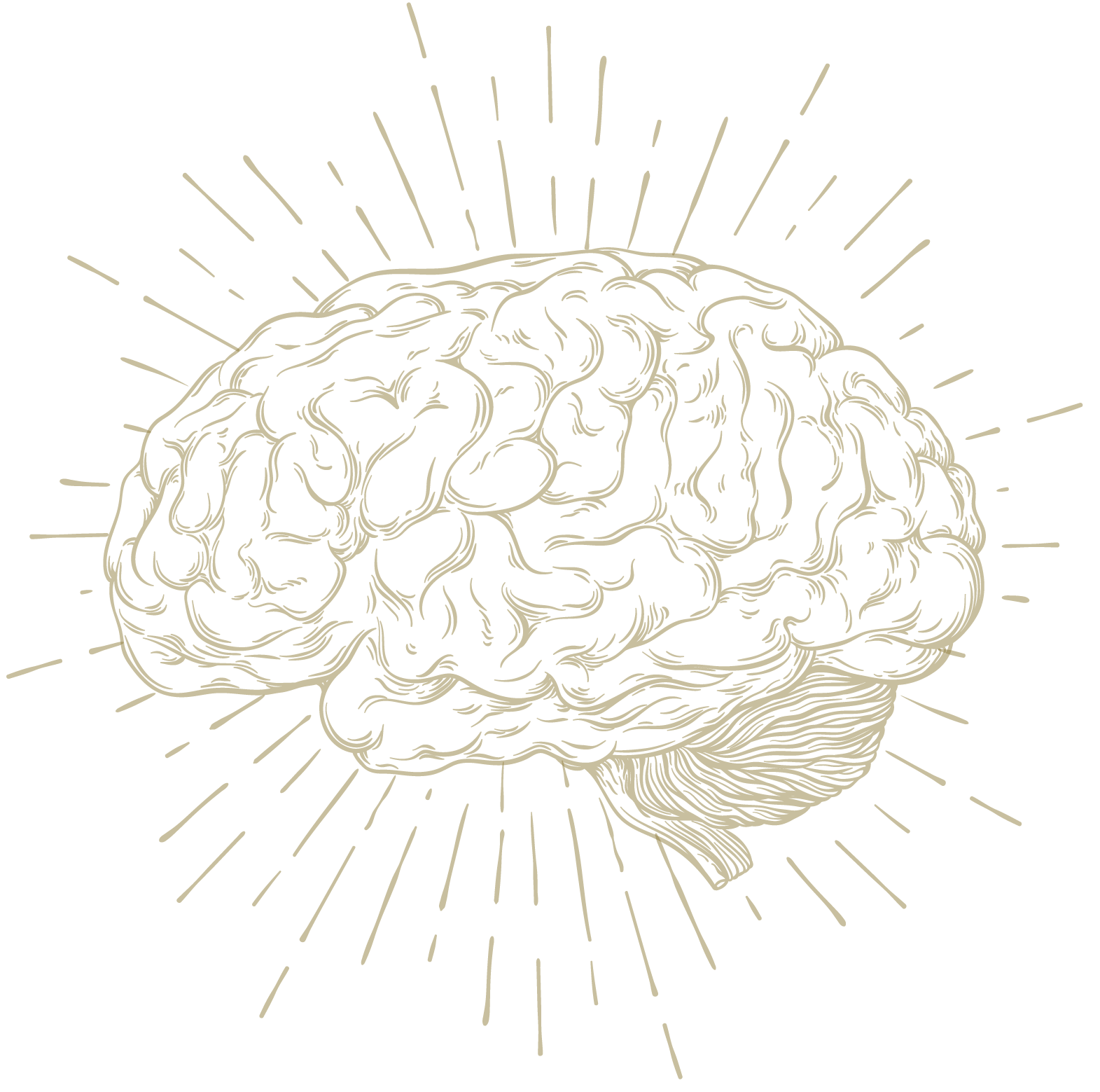Feeding a Pet with Difficulty Swallowing - megaesophagus
Introduction
Pets can have difficulty swallowing for a variety of reasons. They may have problems moving their tongue or mouth, or they may have conditions like megaesophagus, which prevents food from moving from the mouth to the stomach effectively.
Pets who cannot swallow properly can accidentally breathe in food or water into their lungs. This can cause something called aspiration pneumonia, which can be very serious and, unfortunately, sometimes fatal.
Recommended Types of Food
When we normally chew our food our teeth and tongue make the food into a compact ball called a “bolus” that is easily swallowed. Pets who are having trouble chewing and swallowing can have trouble making a bolus. When pets are having trouble swallowing, we want to make this process as easy as possible.
Dry kibble is not recommended for these pets, as it requires a lot of chewing and coordination to make a bolus. It can also get stuck in the esophagus. Instead, we recommend that these pets be fed meatballs that are approximately one inch in diameter. It’s best if these pets eat slowly, so it can be helpful to feed them one at a time. You can make meatballs either by soaking and mashing up dry kibble, or by buying canned dog food. If you buy canned pet food, look for one that is a firm pate, and not a gravy, stew or chunks variety. We recommend foods that are cooked, and have a label stating that they meet AAFCO standards.
Some pet owners have also used slurries, which are made by blending canned dog food with water until it is the consistency of a milkshake. While these can be easier to get down a dysfunctional esophagus, they may be dangerous in pets who have problems moving their mouths, tongues and the back of their throat. Ask the medical team if a slurry is appropriate for your pet.
Different pet foods have different calorie counts. The medical team can help you determine how much food your pet needs.
If you would like to use home cooked foods, please let us know and we are happy to refer you to a nutritionist. Pets with these conditions can be difficult to get nutrients in and we want to make sure that what you are feeding is the best possible thing for your pet.
Elevated Feedings
Pets with esophageal dysfunction often need gravity’s help in getting the food to their stomach. This means your pet needs to sit upright for 15-30 minutes after feeding.
The easiest way to accomplish this is with a special feeding high chair called a Bailey Chair. It’s recommended that you purchase your first chair from the provided website as they have more than a decade of experience perfecting it. If you are particularly handy, there are also instructions online.
Small pets can be also held upright.
Hydration
Some pets can have difficulty drinking water. Syringing water is not recommended as it is likely to go down the wrong way and cause aspiration pneumonia. Instead we recommend that you use jello to supply their water needs. If they will not tolerate the jello cubes, you can also use a product called thick-it to thicken the water (https://thickit.com/blog/nutrition-product-category/thickeners/)
Recipe:
4 knox gelatin packets
1 cup cold water
1 cup heated low sodium broth
2 cups boiling water
Add all 4 gelatin packets to 1 cup cold water to a 9 x 13 pan and let sit for 1 minute. Stir in heated broth and water slowly, cover and refrigerate for 3 hours. Cut up jello into 1 inch cubes.
Treats
Unfortunately, these pets cannot have most treats without sitting upright for 30 minutes, which isn’t usually practical. Luckily, there are a few alternatives. There are treats that dissolve instantly in the mouth such as Gerber Puffs or Bronson’s Puffs (https://www.bronsonsmegapuffs.com/). There are also treats like Lickety Stiks, which just provide a taste of flavor with no real substance to swallow. https://a.co/d/2GpogzT
Feeding Tubes
Unfortunately, even with great effort, not all of these pets can tolerate feeding by mouth. For these pets, we recommend that they have a stomach tube called a PEG tube placed. This will allow them to get food and water directly to their stomach, without having to swallow.
If your pet is still regurgitating food or liquid, or if they seem to be losing weight, please contact your veterinarian urgently.
Contact Us:
Mon \ Fri: 8:30am - 5:30pm
Sat: by appointment only
Phone: (415)967-3303
Email: frontdesk@remedyvets.com







